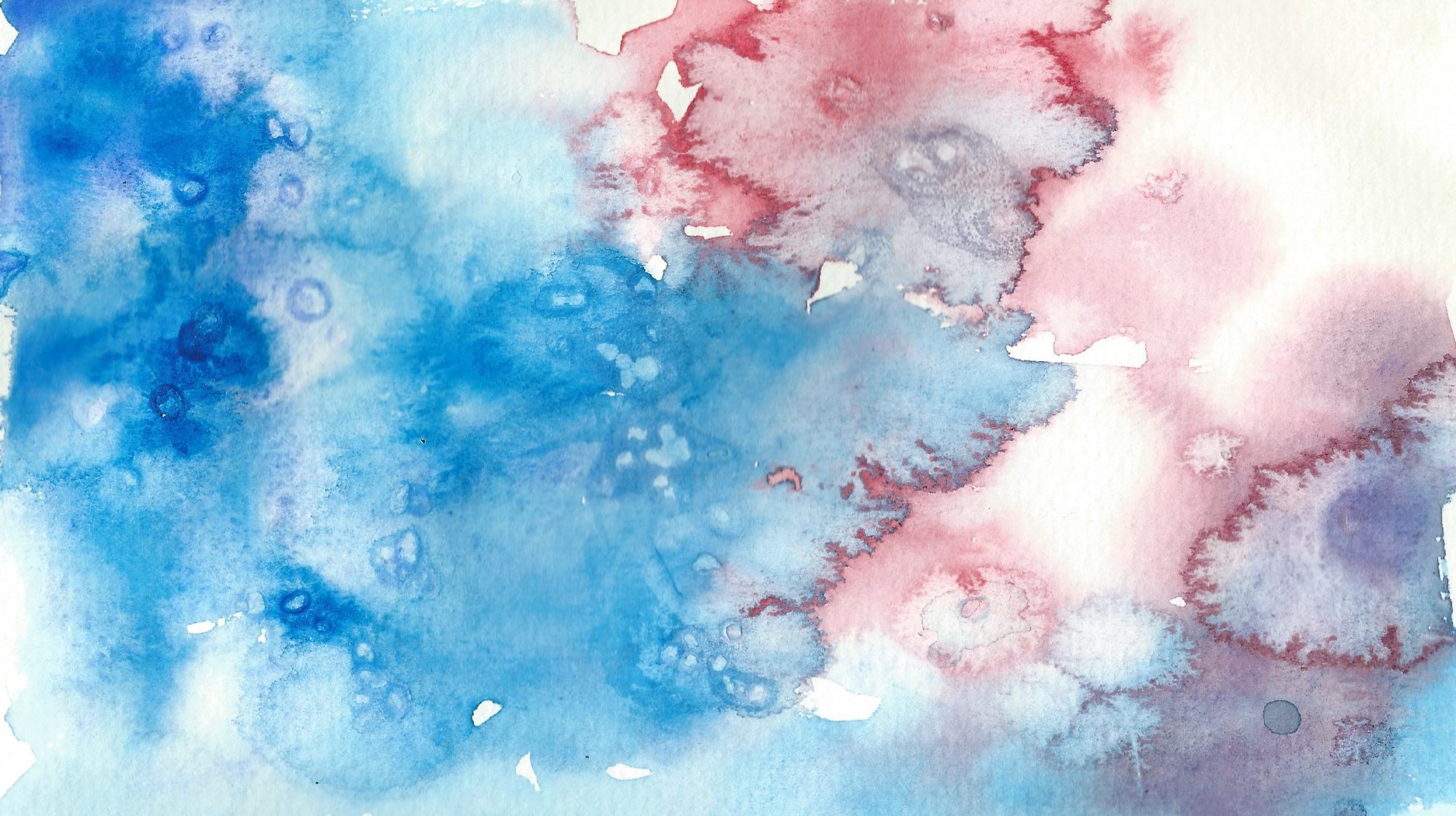

Tekst en beeld
Last year I had the opportunity of taking a closer look at the unbelievable collection of the Kunstkammer Wien, part of the Kunsthistorisches Museum in Vienna. The Kunstkammer contains art works from mainly the renaissance and baroque periods, collected by Habsburg rulers such as Ferdinand II of Tirol and emperor Leopold I.
This item from the Kunstkammer collection drew my special attention. It is an aquamanile, which in general is a vessel in the form of an animal, containing water to be used for washing hands before a meal. The term aquamanile is in fact from late 19th-century origin, meaning ewer*. Back in those days they called this kind of jug to pour water a lavabo (‘I shall wash’). Continue reading “Aquamanile”
Fourteen children she had – Niobe – and how proud they made her. Niobe boasted she had seven times more children than Leto had. Never anger the mighty. Leto’s twins took revenge: Apollo killed Niobe’s sons and Artemis killed all of Niobe’s daughters. One of them tried, in vain, to pull the deadly arrow out. Here she is shown, slowly dropping on one knee while reaching behind her back. In agony and breathing heavily, she doesn’t care her robes slide away. Continue reading “Niobe”
Hertz vnd sinne muege dich
das ich mit worten minnenklich
gelob die userwelten meit
von der ùns gnade flùsset.
Ir lob ist alles lobs ein tach
ir lob kein munt nie vol gesprach
und wirt ouch niemer me volseit
ir lob als lob beschlusset.
Was leygen phaffen ir ze lobe singet
dar ob ir lob hoch in den lùften klinget.
Wer koend si noch volloben gar
si treit ob aller engel schar
der froeide fruchteberndes ris
da ùns genade bringet.
Des lopt dich magt der engel sang,
din minne schuof das sich got swang
drivaltenklich uf reine vart
zuo dir in warer minne.
Er wart din sun, der dich geschuof,
des lopt dich manger zungen ruof
du ital gottes tochter zart,
Maria kùneginne.
Du werd ie gottes hoechste arch so here,
darin er siner froeden schatz wolt meren.
Sid du nu tochter und muoter bist,
so bitt fùr ùns den waren Christ,
Das er ùns tue genaden schin,
das wir von sùnden keren.
Anonymus, Codex Engelberg 314